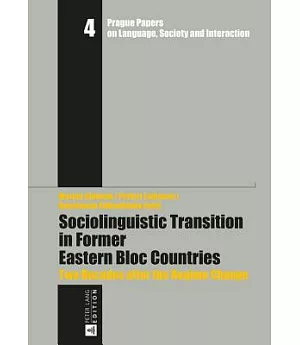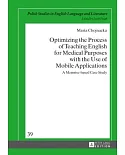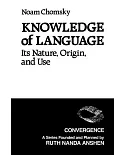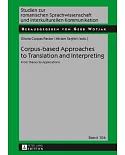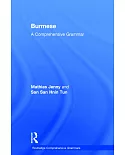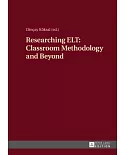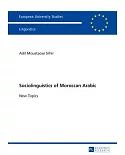This volume offers empirical perspectives on the current sociolinguistic situations in former Eastern Bloc countries. Its seventeen chapters analyse phenomena such as language choice,
hierarchies and ideologies in multilingualism, language policies, minority languages in new legal, educational, business and migratory contexts, as well as the position of English in the
region. The authors use various methodological approaches – including surveys, discourse analyses, descriptions and analyses of linguistic landscapes, and ethnography – in order to deal with
sociolinguistic issues in eight countries and seven regions, from Brandenburg, Germany, in the West to Sakhalin, Russia, in the East.

